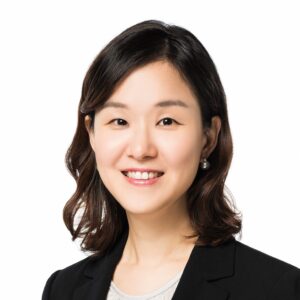Population Research Discovery Seminars

Guiding End-of-Life Care Planning with Cultural Contexts and Cognitive Impairment in Mind: Findings from Qualitative Interviews in South Korea and the US
Jung-Hwa Ha, Department of Social Welfare, Seoul National University
Register HERE.
02/10/2023
12:30-1:30 PM PT
101 Hans Rosling Center
Co-Sponsor(s):
Advance care planning (ACP) is the process of making plans and decisions regarding end-of-life care (EOLC) when one still has the physical and cognitive capacity to do so. By engaging in ACP, family members and health care professionals can gain insight into their loved one’s or their patient’s preferences and goals concerning EOLC. In this presentation, I share a series of studies related to ACP in Korea and the US. The first study examined cultural differences in ACP and various strategies that social workers use to initiate conversations on ACP in South Korea and the US. We conducted qualitative interviews with twelve social workers and a thematic content analysis of the transcribed data. Our findings showed that different cultural norms and generational viewpoints surrounding death and health-related decision-making influenced how people prepared for EOLC. Whereas principles of self-determination and autonomy guided ACP practices in the US, decisions regarding EOLC were more often made in consultation with family members in Korean and Korean-American communities. Nevertheless, social workers in both countries identified relationship-building, empowerment, and individualized approaches as common strategies in initiating discussions on ACP. In the second study, we examined the benefits and challenges of ACP specifically for persons with dementia and identified the individual, societal, and cultural factors that needed to be considered for ACP to be helpful for this growing population. Finally, I share a coaching manual for dementia-specific ACP that our team has developed and discuss plans for future study to test its feasibility and effectiveness among older Koreans.
Jung-Hwa Ha is a professor in the Department of Social Welfare at Seoul National University in South Korea. She received her Ph.D. in Social Work and Sociology from University of Michigan. Her research interests include aging and the life course, widowhood, social support and relationships in later life, end-of-life care, and dementia care. She has conducted research on the effects of stressful life transitions on older adults’ social and psychological well-being; the extent to which various social and psychological factors moderate the negative consequences of stressful life transitions; and the effects of childlessness on older adults’ social participation and loneliness across different countries in East and Southeast Asia. She also conducts practice-oriented research in the areas of end-of-life care and dementia care.